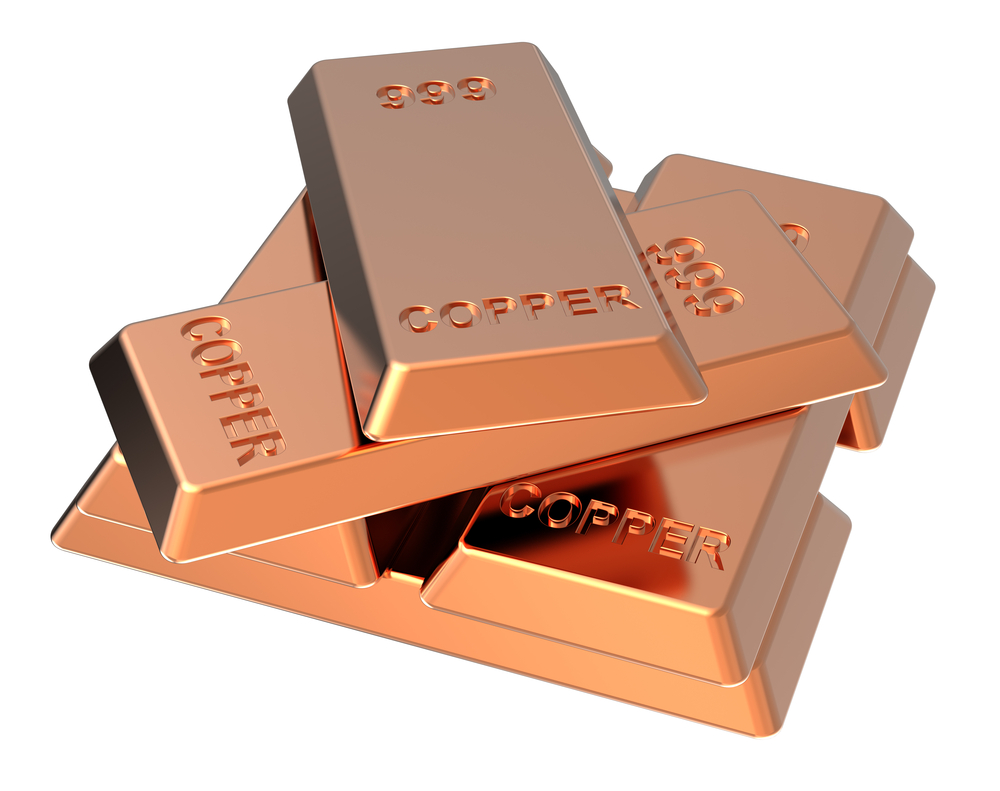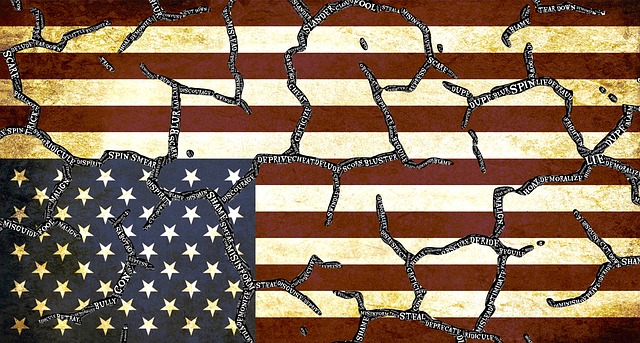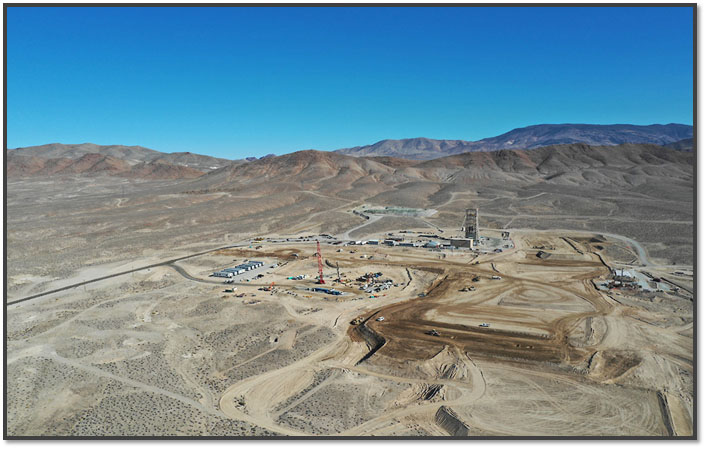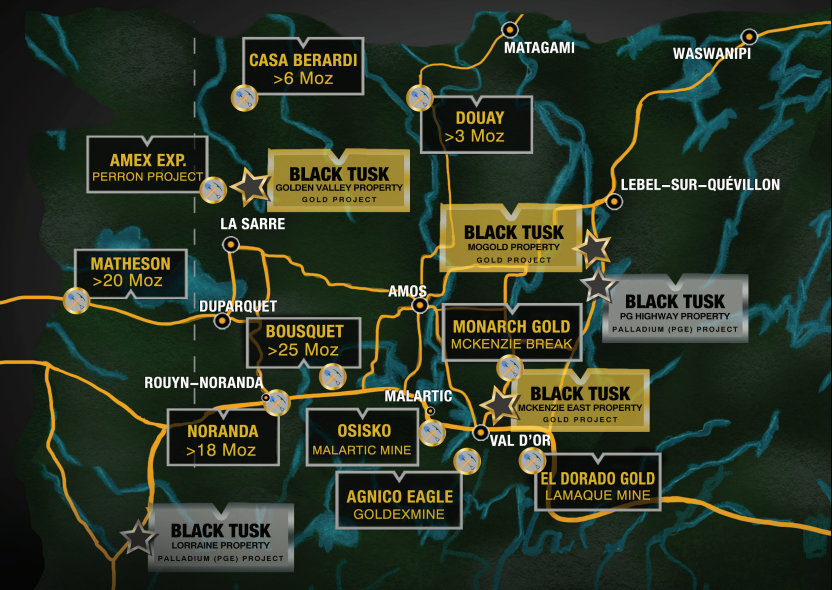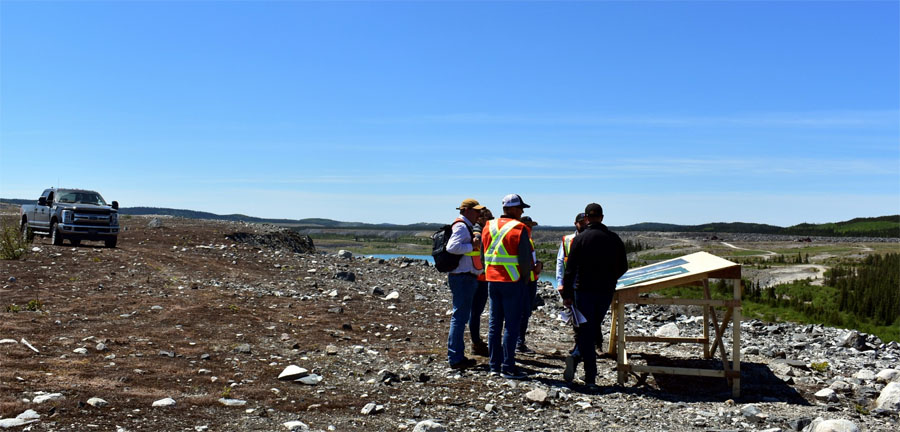EU Trade Commissioner Karel De Gucht demanded Monday, "China now must comply by removing these export restrictions swiftly, and further, I expect China to bring its overall export regime—including rare earths—in line with WTO rules."
While rare earth metals were not part of Monday's ruling, analysts say it is unlikely China will lift its restrictions on domestic rare earths production.
In a news release, the European Commission Directorate-General for Trade said, "Restrictions on these [raw] materials have caused concerns for European industry such as the chemical, steel and non-ferrous metals industries, as well as their downstream clients, ranging from producers of beverage cans, CDs, electronics, automotive, ceramics, refrigerators, batteries and medicines and many more."
The WTO dispute settlement case was initiated on June 23, 2009, by the EU and the U.S., followed by Mexico. A first ruling by a WTO panel was issued July 5, 2011, upholding most of the EU's claims. China appealed some portions of this ruling on Aug. 31, 2011. The hearing took place before the WTO's Appellate Body Nov. 7-9, 2011.
The EU estimated that its annual imports of the raw materials cited in the case exceeded €1 billion. In order to obtain these materials at competitive prices, European companies have been forced to relocate manufacturing facilities to China.
The original WTO panel found that export duties and export quotas that China maintains on various forms of bauxite, coke, fluorspar, magnesium, manganese, silicon carbide, silicon metal, and zinc constitute a breach of WTO rules and that China failed to justify those measures as legitimate conservation measures, environmental protection measures, or short supply measures. The ruling also determined that China's imposition of minimum export prices, export licensing and export quota administration requirements on these materials, as well as the country's failure to publish measures related to these requirements, is not consistent with WTO rules.
U.S. Trade Representative Ron Kirk Monday called the WTO report "a tremendous victory for the United States—particularly its manufacturers and workers."
"Today's decision ensures that core manufacturing industries in this country can get the materials they need to produce and compete on a level playing field," he stressed.
Meanwhile, the Chinese central government has moved repeatedly over the past four years to tighten its domestic production and export of 17 rare earth elements. China produces about 95% of global rare earth supplies, and capped REE production at 93,800 tonnes last year. REE export quotas totaled 30,184 tonnes in 2011, and are expected to remain at that level this year.
The EU and the U.S. have refrained from filing WTO complaints against China on rare earths, hoping that the WTO ruling in the raw materials case would convince China to reverse its rare earths policies.
Although Beijing may be forced to modify some of its export policies, analysts say China's strategy to control prices for raw materials and rare earths will probably remain unchanged.
Vivian Pan, an analyst at the Asian Metal consultancy in Beijing, told the news media that she could not see the WTO ruling have a big impact on prices. "The main issue will still be supply and demand."
Australian broker BBY analyst Mike Harrowell told the Sydney Morning Herald, "All China will do is change the gaming from issuing licenses to just shutting down businesses that don't make environmental restrictions, which they will be perfectly entitled to do. The net effect is the same."
In an editorial Tuesday, the Wall Street Journal (WSJ) observed, "China also depends on imports of strategic resources. Chinese state-owned companies' purchases of stakes in energy and mining companies around the globe suggest that Beijing does not fully trust the market to supply its needs. But the tyranny of geography means that it will inevitably rely on imports. So it is in Beijing's interest to strengthen the institutions which defend the interests of all the major trading nations."
"The government's attempts to restrict production and exports are regularly circumvented by miners and smugglers, which may help explain why rare earths prices came back down late last year after spiking in 2010," the WSJ noted. "The supply uncertainty and price volatility over the last two years has hurt Chinese as well as foreign companies, and spurred governments and mining companies to go prospecting elsewhere for new sources of ore."
In terms of the next steps to be taken in the WTO appellant body ruling, the EU, the U.S. and Mexico will request the adoption of the reports by the WTO Dispute Settlement Body within 30 days. China will then have to bring its measures in compliance with the rulings within a reasonable period of time.
Dorothy Kosich, Mineweb







